Living off-grid doesn’t mean living in fear. After more than a decade of living in our little corner of Aragon, I’ve learned that being prepared is simply about understanding your environment and having practical solutions for real challenges.
Let’s have an honest conversation about what emergency preparedness really means when you’re living off the beaten path.
Preparedness: a Reality Check
First, let’s address the elephant in the room: emergency preparedness has gotten a bit of a bad reputation. When some people hear “prepper,” they imagine underground bunkers filled with decades worth of dried foods and enough ammunition to supply a small army. But here’s the truth – being prepared doesn’t mean preparing for the end of the world. It means being ready for the very real situations that might affect your particular location and lifestyle.
In our years of off-grid living in Spain, we’ve faced two main types of emergency scenarios. Each requires different preparation, and neither involves a doomsday bunker.
Scenario 1: Quick Evacuation (e.g. Fire)
Forest fires are a real concern in our Mediterranean climate. When you live surrounded by nature’s beauty, you also live with its risks. Our preparation for this scenario is simple but essential:
- A go-bag with essentials for each of us, kept in an easily accessible location
- Big water bottles, pet carriers, and essential animal supplies ready to grab
- A clear evacuation plan/routine that we know by heart and can implement within 30 seconds
The third point is the most essential one: the first time we thought we’d need to evacuate (due to a fire near the next village), we thought we were prepared – we had a go-bag full of random items, inspired by US-based prep and survival websites. That was when we realised we wouldn’t likely need to build a shelter, make fire, and survive for days; but we’d forgot about day-to-day essentials we’d be much more likely to need.
For instance, we realised our smartphones were our biggest asset: they allow us to call for help, stay in touch with others in a similar situation, access important documents online, navigate escape routes we’re not familiar with, function as flashlights,… much more useful than e.g. a hand crank radio.
Here are 7 tips for making an emergency evacuation smooth and fast:
- Keep a digital backup of important paperwork that you can access from your smartphone
- Keep phones and chargers nearby; if everyone needs the same type of charger, you could even have an extra charger in a go-bag full-time.
- Keep essentials in the car: e.g. a water bottle, phone charger, roll of toilet paper, small towel, first aid kit,…
- Review your go-bag seasonally – you’ll likely not need warm sweaters and rain gear in the middle of summer
- While some guides may advise to always carry a towel, my preference goes towards a multifunctional fleece blanket: they can be used for warmth, drying something, shelter, ground cover,… (and they dry faster than your average towel)
- Don’t underestimate the importance of water; evacuating makes everyone thirsty! The first time we had to evacuate “for real”, we had a small water bottle per person + a bigger one for the animals; those were gone in probably 10 minutes… also because we met neighbours on the way who didn’t bring their own.
- Practice your emergency evacuation plan (or at least the “packing & getting into the car” part of it) right away, to see if it all makes sense – and again with every change in your home or household.
That last part is essential. We’ve learned to pack the car in 3 stages – phones and animals first, then go back for go-bags and water, then (if there’s time) go back for our box of (original) important papers + snacks + extra blankets.
To us, emergency preparedness isn’t about paranoia – it’s about peace of mind. When you have a clear plan and the basic supplies ready, you can focus on staying calm and simply go through the motions if or when an emergency occurs.
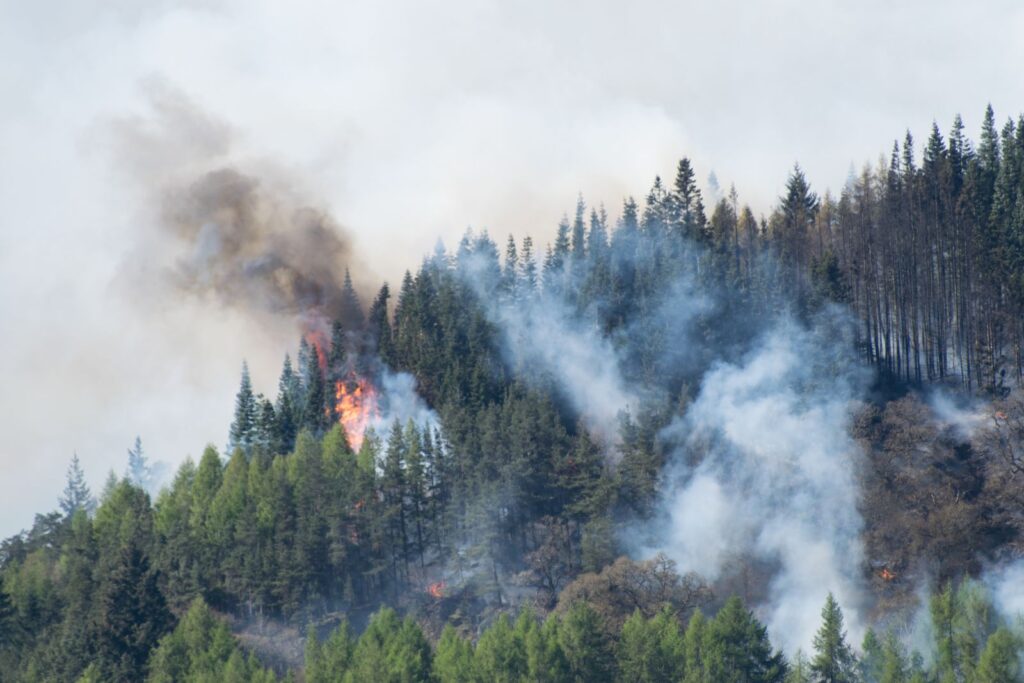
Scenario 2: Extended Stay-Put (e.g. Extreme Weather)
Then there are times when nature asks us to stay put and wait things out. Extreme weather events (storms, hurricanes, heavy rainfall or snowfall) might cut us off for a week or two.
This is where our off-grid lifestyle actually becomes our safety net: we keep an eye on the weather and make a habit of stocking up when we see a lot of rain coming (after all, it doesn’t happen that often!) – making sure we don’t need to leave the safety of our home for a while.
- We rely on solar power – this gets stored in batteries that can last up to 3 days (with normal use), and there’s a generator for backup
- Our water supply comes from a deep borehole, making it unlikely to run out of water; we also have some rainwater catchment from the house’s roof
- While our vegetable garden isn’t meant to fully support us and our chickens are getting older (not laying every day), they’ll still do in a pinch
- We always have a lot of basic foodstuffs in storage – think practical pantry, not prepper paradise. Flour, rice, pasta, and cans of beans and vegetables can easily keep us fed and happy for weeks.
Extra tip for anyone living off the beaten path like us – when heavy weather is predicted, we park our car in a safe spot near the main road. That way, we can get to the shop (if needed) as soon as roads are cleared; during our first big storm (Gloria in 2020), we had to rely on other people giving us a lift to town because several fallen trees were blocking the track to our property.
The Common Sense Approach to Emergency Preparedness
Being prepared doesn’t mean living in constant anticipation of disaster. Instead, it means:
1. Understanding Your Environment
- Know your local climate patterns and keep an eye on weather predictions
- Recognize potential natural hazards
- Learn from your neighbors’ experiences
2. Building Resilient Systems
- Maintain your infrastructure and off-grid systems
- Create redundancy in your systems: have a back-up for all essentials
- Keep things simple and maintainable
3. Storing What Makes Sense
- Stock what you actually use, not what some website says you should be stocking
- Rotate supplies regularly
- Don’t forget animal food!
The Community Factor
One of the most valuable lessons we’ve learned is that being ready to act in case of emergencies isn’t just about what you have – it’s about who you know. Our neighbors, local community, and local WhatsApp groups have been invaluable resources.
Talk to your neighbors about their emergency plan, and get into the habit of getting in touch in case of potential threats (you could even start a WhatsApp group for this). More than once, we’ve seen situations where someone would be working with loud machinery or sitting somewhere they couldn’t see the smoke from, unaware of the situation that was developing around them.
Also – more than once, we got help from neighbors and friends (and random villagers we didn’t really know before) when we needed it. When hubby ran the car into a neighbor’s car during a forest fire in 2017, several people came to help us and our animals get out of here. When trees were blocking our way to the main road, others offered us a ride to the village shops.
Share knowledge, split bulk purchases, and look out for each other.
The Peace of Mind in Being Prepared
For us, preparing for emergencies has been a journey, not a destination. With every situation, we gained experience; and over the course of the years, our situation changed and our needs evolved.
To our own surprise, there’s genuine satisfaction in being prepared. It’s not about fear – it’s about freedom. When you know you can handle common emergencies, you can focus on enjoying life rather than worrying about what might go wrong. (because if things go wrong… you’re ready for it).
The goal isn’t to prepare for every possible scenario – it’s to have reasonable solutions for likely challenges. When we approach preparedness with common sense rather than blind panic, it becomes another fun and challenging aspect of sustainable living rather than an obsession.
Living off-grid already makes us more resilient than most. Building on that foundation with practical preparations, we find that being prepared for potential emergency situations brings peace of mind without taking over your life.

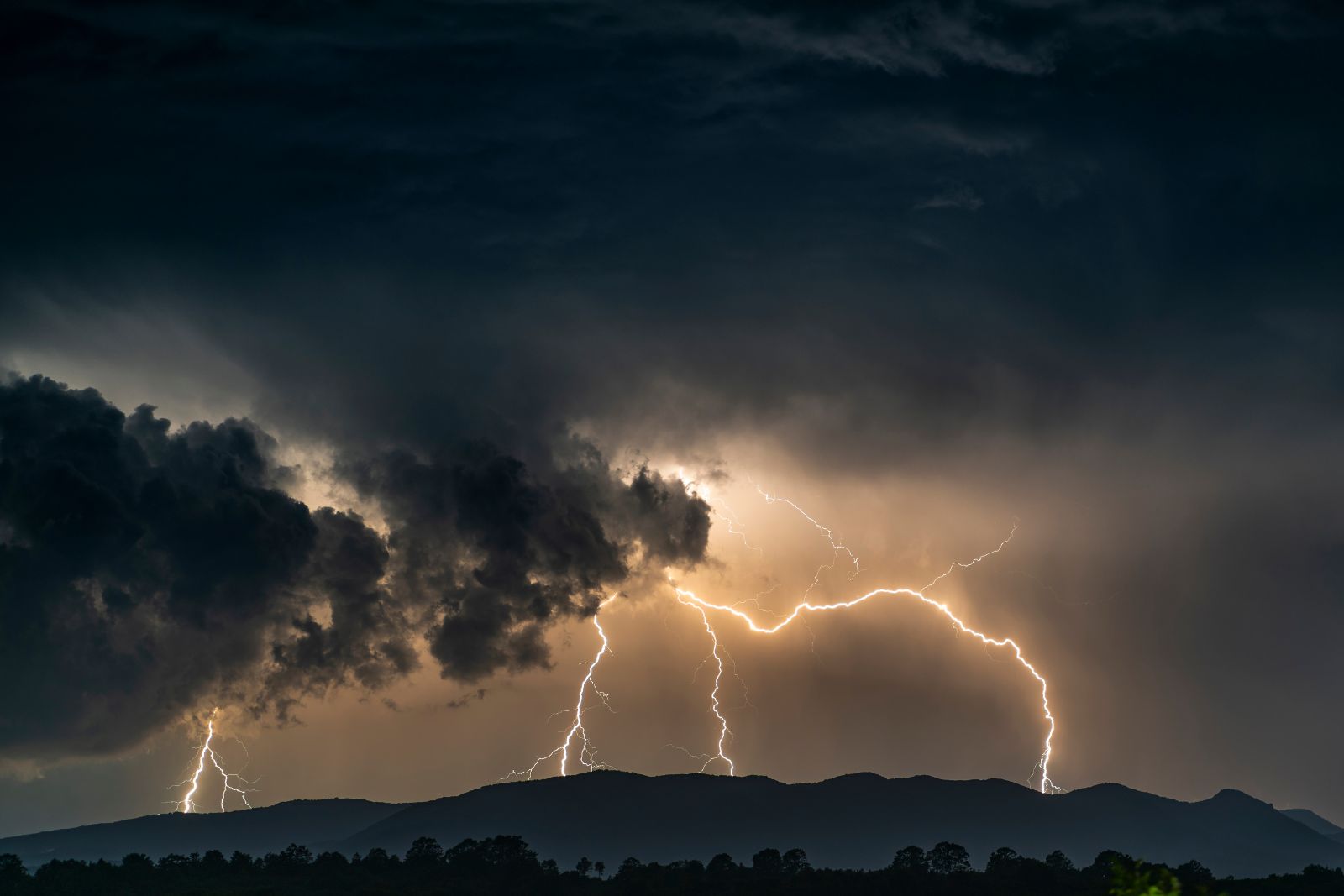
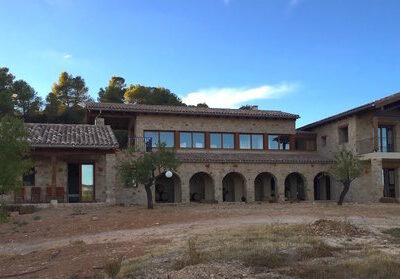

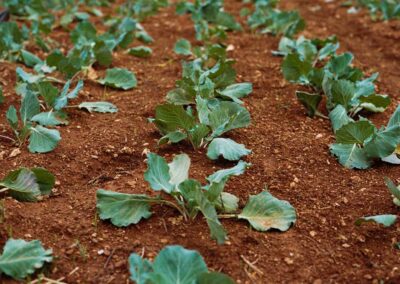
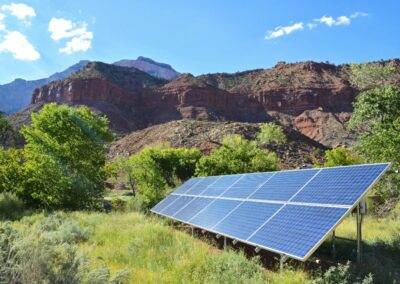
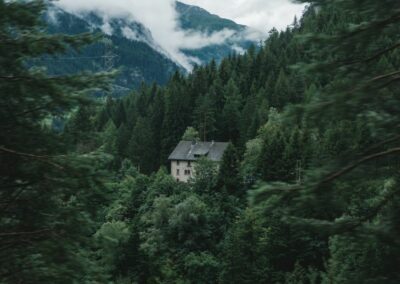
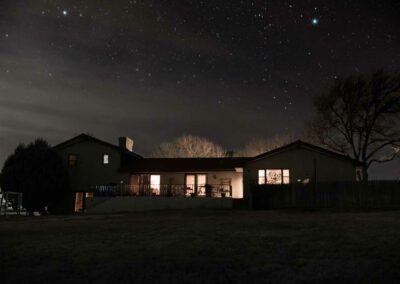
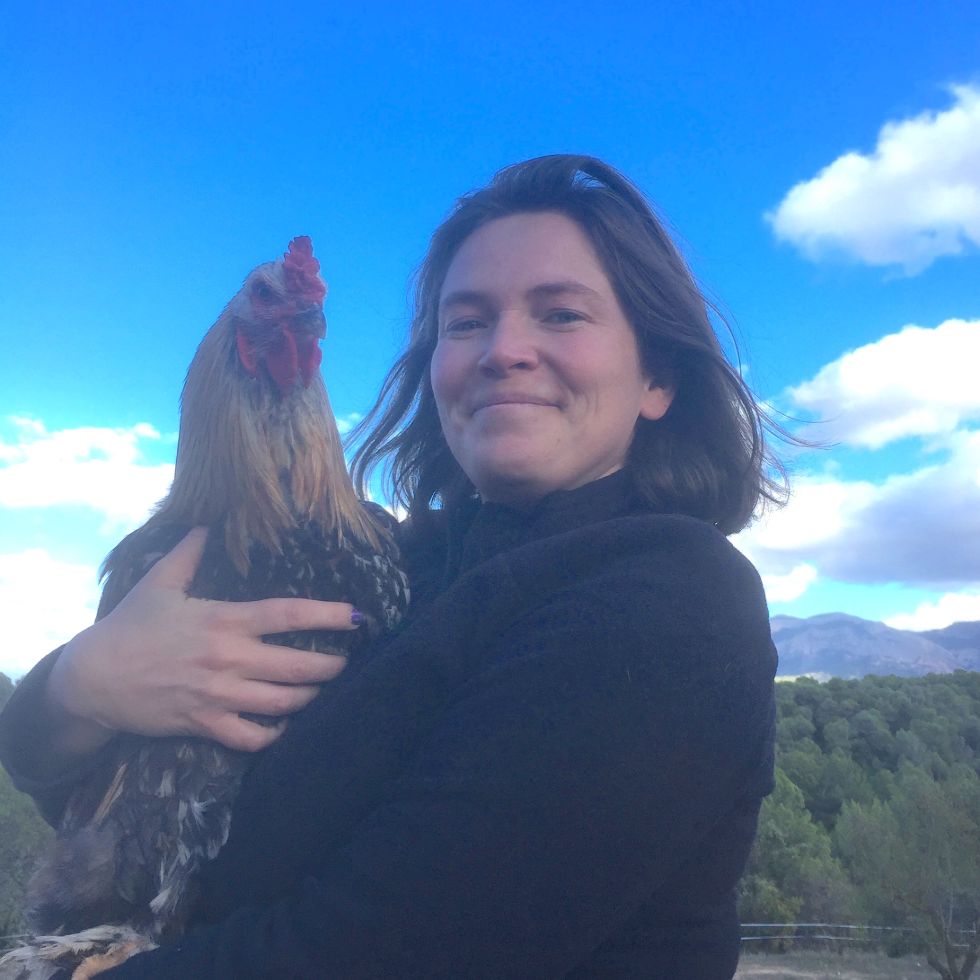

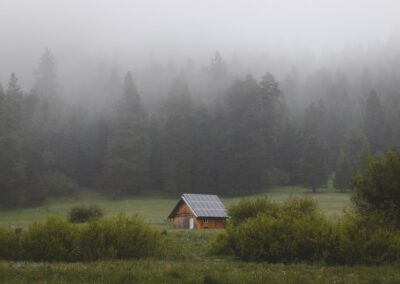
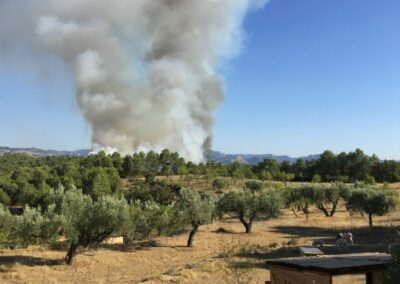
0 Comments